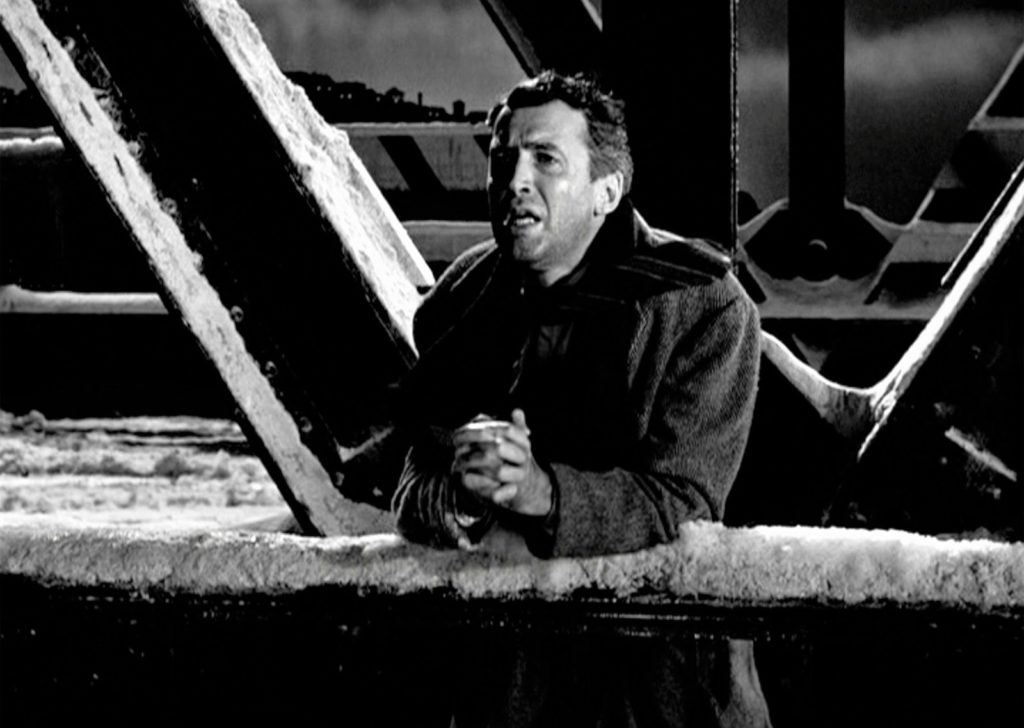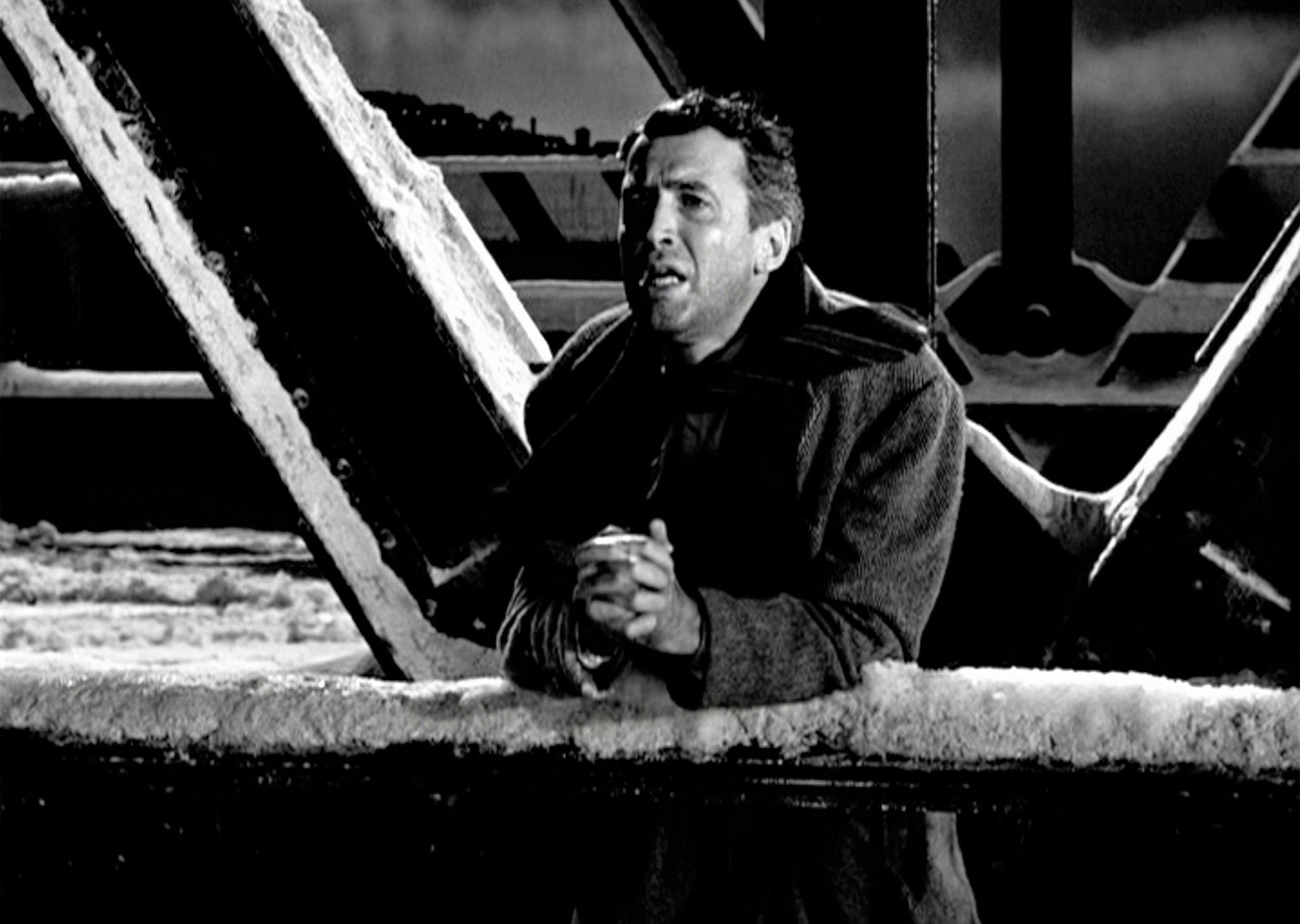“You see George, you’ve really had a wonderful life. Don’t you see what a mistake it would be to just throw it away?”— Clarence the angel, “It’s a Wonderful Life.”

It’s a Wonderful Life has become a staple during the holiday season, (except for those addicted to the Hallmark Channel).
George Bailey is a good and decent man with family and friends whom he helps in the small town of Bedford Falls. Successor to his father’s Building and Loan, George not only helps with home loans but the personal needs of many of the town’s citizens. Of course, what he really does is help the people put aside their doubts and fears and stand together when a disaster threatens the entire town, even putting up his own money to prevent financial collapse. And he’s pretty good at it all, until the day comes when George questions his own faith.
Torn apart by a sense of failure, George is a metaphor of our times.
With distrust and dishonesty tearing us apart, we’re all standing on that bridge asking for divine guidance. Sadly, the violence that exploded on January 6 has only provoked those who saw a country they once believed in as an utter failure.
Overwhelmed by desperation, George feels that it would have been better had he never been born. The angel that comes to his rescue shows him how “Each man’s life touches so many other lives. When he isn’t around, he leaves an awful hole.”
Following the path of the movie, this is where “the better angels of our nature”—the positive traits of character—would enter and help us get back on track. However, it requires a willingness on our part to see what is true and good in our lives.
Lincoln’s “better angels” plea was aimed at our “dissatisfied countrymen,” to put “passion” aside, calmly see the good and, in time, for both sides to heal that which divides us.
Setting aside his moments of doubt and desperation, George remembers what’s most important: his family and friends. He understands that we all contribute in building our community.
The lesson: If we are willing to put aside what divides us–as the country has done before–we have an opportunity to see what’s most important: that, in the long run, we all touch so many other lives in making this democracy work for the betterment of all.
You see America, you’ve really had a wonderful life. Don’t you see what a mistake it would be to just throw it away?
Comments










